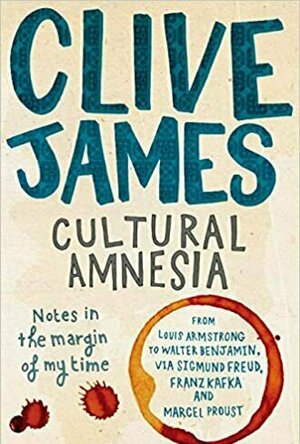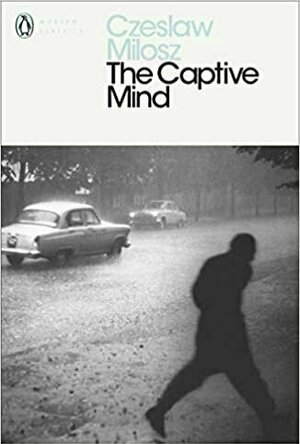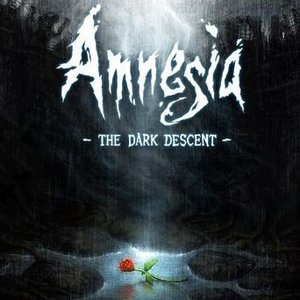Shaun Collins (3 KP) rated Doctor Who: Orbis (The New Eighth Doctor Adventures) in Books
Jan 12, 2018
Sure, the jelly fish and the mollusks are a bit silly and nearly panto, but it makes for a nice change of pace from the heaviness of Morbius before it. But it's the tragic ending that sells this for me. The idea that the Doctor screws up...
For our full review see http://travelingthevortex.com/?p=8201

Southland Tales (2006)
Movie Watch
Southland Tales is an ensemble piece set in the futuristic landscape of Los Angeles on July 4, 2008,...
Frank Turner recommended Cultural Amnesia in Books (curated)
Elif Shafak recommended The Captive Mind in Books (curated)
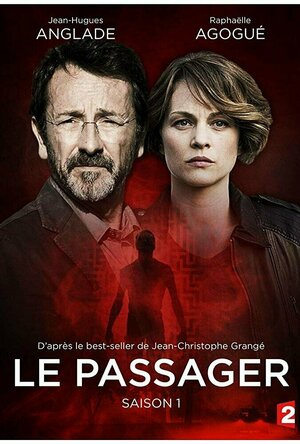
The Passenger
TV Show
Captain Anaïs Chatelet, a head-strong police detective in Bordeaux, heads up a team that tries to...
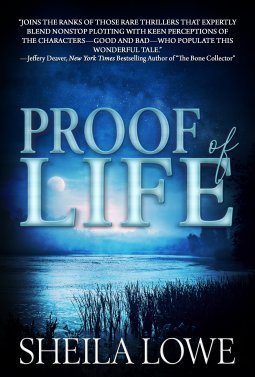
Proof of Life
Book
Proof of Life, the highly anticipated follow-up to the best-selling thriller, What She Saw After...
Fiction Mystery Thriller
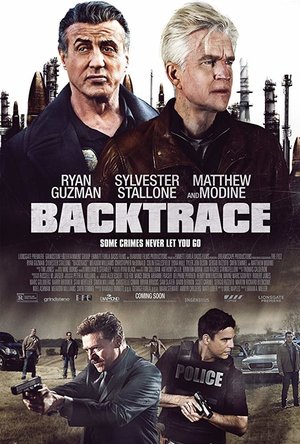
Backtrace (2018)
Movie Watch
After suffering a brain injury from a bank heist gone wrong, MacDonald develops amnesia and is put...
David McK (3721 KP) rated Thin Air (Weather Warden, #6) in Books
Jan 30, 2019
In other words, the good old amnesia plot.
As the novel progresses, Joanne must (re)learn how to use her powers, as well as struggling with the emergence of a new (to her) power, and with trying to reconnect with her past life. Alongside this, further insight is given into the state of affairs in ther Djinn 'nation' (is that the right word?), and we finally see a culmination to what has been brewing in the last couple of novels regarding Demons.
With all that in mind, and despite the fact that amnesia, in many ways, could provide a 'clean slate', this is definitely NOT a good chocie to enter the series on, with recurring characters and references to previous events (even if Joanne can't remember them, the people bringing them up can). For a change, this novel also does have an ending in its own right - indeed, it could be viewed as ending the plot strands introduced over the last 2 or 3 books in the series - while also leaving scope for more novels to be set in the same world with the same characters.
Matthew Krueger (10051 KP) rated the Xbox One version of Amnesia: The Dark Descent in Video Games
Nov 14, 2020
The game features a protagonist named Daniel exploring a dark and foreboding castle, while trying to maintain his sanity by avoiding monsters and other terrifying obstructions.
Amnesia: The Dark Descent is a first-person adventure game with survival horror elements. The player takes control of Daniel, who must navigate Brennenburg Castle while avoiding various dangers and solving puzzles. The gameplay retains the physical object interaction used in the Penumbra series, allowing for physics-based puzzles and interactions such as opening doors and fixing machinery.
In addition to a health indicator, Daniel's sanity must be managed, centered around an "afraid of darkness" mechanic. According to designer Thomas Grip, "the idea was basically that the darkness itself should be an enemy." Sanity is reduced by staying in the dark for too long, witnessing unsettling events or looking directly at monsters. Low sanity causes visual and auditory hallucinations and an increased chance of attracting monsters, while its complete depletion results in a temporary drop in mobility, or death in higher difficulties.
Hiding in dark areas where monsters will not notice Daniel is also effective, but will decrease Daniel's sanity. In higher difficulties, the monsters will move faster, deal more damage and search for Daniel for longer periods of time.
Its a excellent survival horror game and a must play.
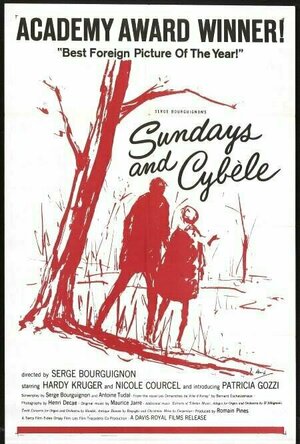
Sundays and Cybele (1962)
Movie
After killing a child when his plane crashes in a Vietnamese village, Pierre suffers from delayed...

